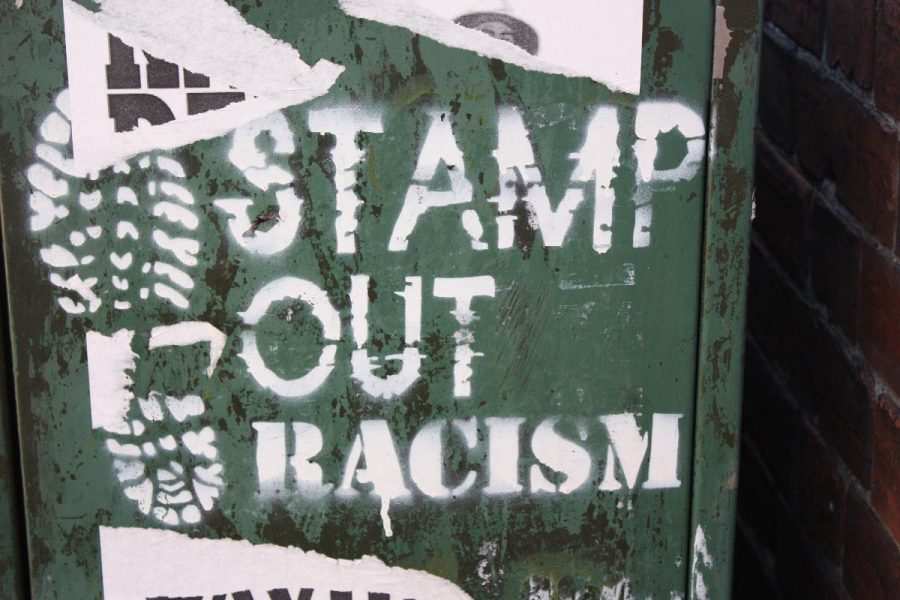Acknowledging modern day racism
Stefan Carlson urges readers to acknowledge modern day racism and the inequality that can still be found in America today.
April 29, 2014
I spent my spring break in Jackson, Miss. with a group of people who have devoted themselves to loving the people in their neighborhood. The hub of their activities take place in the Spencer Perkins Center for Reconciliation and Community Development, a community center founded by Spencer’s dad, John M. Perkins.
John grew up the son of a sharecropper in Mississippi. When his brother was murdered by the town marshal, he fled to California, where he met Jesus. He decided to return to Mississippi to love those who experienced poverty as he had in his childhood. John experienced racial hatred firsthand when he was imprisoned and beaten during the Civil Rights Movement. He chose to love his oppressors and has been an influential voice for racial reconciliation in America.
NOT A THING OF THE PAST
Racism is a word that represents a pain and tragedy I cannot even begin to understand. I used to believe it was a thing of the past, lingering only in a few individuals. But the more I learn, the more I agree with Michael Emerson and Christian Smith, who in their book “Divided by Faith,” observe racialized patterns are more than just problems of individuals, but are often "institutional and systemic." They go on to list privileges which I have always enjoyed without being aware how much they depend, at least in part, on the color of my skin.
The Children’s Defense Fund’s 2012 report about childhood inequality may be helpful in understanding what Emerson and Smith are talking about. According to the article, black children are over three times as likely to be poor as white children. Sixty-six percent of black children born between 1985 and 2000 were raised in neighborhoods with a poverty rate of at least 20 percent, compared to only six percent of white children. Black babies are more than twice as likely to die before their first birthday as white babies. Black males aged 18 and over in 2008 represented only five percent of the total college student population, but 36 percent of the total prison population. There are many more statistics, but just a few can help us see the role race plays in our society.
ACKNOWLEDGING THE ISSUE
My purpose in saying all of this is not to create patronizing pity or needless guilt. Rather, the point is to say that there is a problem and we need to acknowledge it. We only allow it to perpetuate by ignoring it. The gospel not only enables reconciliation in broken personal relationships but compels us to work for reconciliation in broken systems. When our nation came into existence the Founding Fathers wrote, “We hold these truths to be self-evident, that all men are created equal, that they are endowed by their Creator with certain unalienable rights.” In the time that has transpired since then, much effort has been spent on the realization of this idea and much progress has been made, but the fight for justice is not over.



.JPG)




